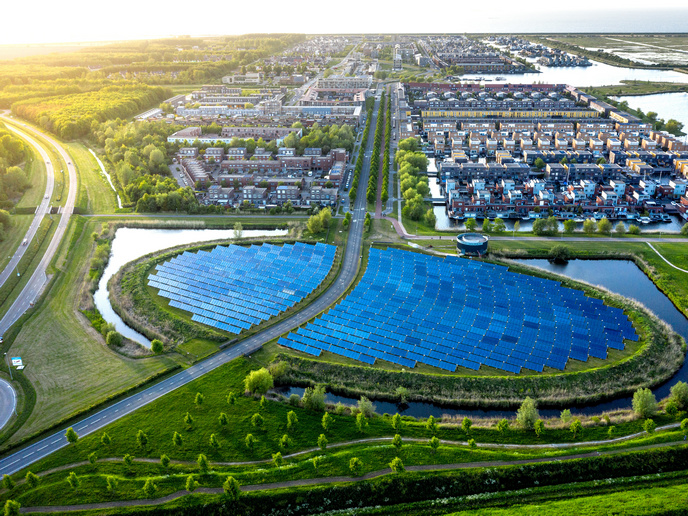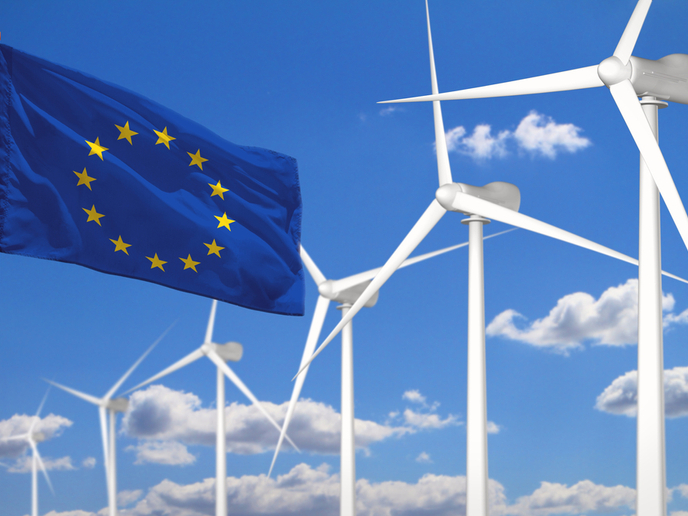Europe invests in active energy engagement
Innovations in green energy solutions are transforming the energy landscape. To optimise the uptake of new technologies and boost the use of renewable energy, it is necessary to educate and empower people to participate in the green transition. The EU-funded GRETA project conducted pilot studies in communities across Europe to assess the needs of citizens and develop frameworks to guide communities towards achieving their own decarbonisation goals.
A range of case studies
The project’s case studies in Germany, Spain, Italy, the Netherlands and Portugal address the needs of diverse communities. In three cases, GRETA partnered with existing energy communities. Northeast of Bologna, the project worked with GECO to meet the needs of an area that includes residents living in poverty. In Spain, the project coordinated with UR BEROA, which serves a relatively wealthy and well-educated neighbourhood. The Portuguese case study worked with the energy cooperative Coopérnico, the first energy cooperative in the country. The study focuses on the behaviour of actively engaged energy citizens. The Netherlands endeavours to have all neighbourhoods natural gas-free by 2050. The case study focuses on how citizens and municipalities work to facilitate this transition. In Germany, the project looks at how a virtual community using the Earnest App can enhance energy citizenship in the city of Darmstadt. The final case study of the project is EU-wide and addresses the uptake of electric autonomous mobility networks. Since the development of these technologies is still emerging, the case study centres on input from experts and policy makers rather than consumers.
Utilising survey data
Researchers developed a Europe-wide survey to gain insight into the perspectives of residents, companies and policymakers. Survey results include roughly 10 000 responses from 16 countries. In addition to the multinational survey, GRETA gathered data from public and private resources and energy, infrastructure and community-oriented datasets. Results allowed GRETA to formulate a better understanding of how residents engage in energy citizenship. According to project coordinator Annika Wolff: “We used the survey data as the basis for identifying distinct types of energy citizen personas, ranging from people who are indifferent to the transition to those who are highly active advocates for green actions. The energy citizen personas will in time be utilised in co-creation activities with different stakeholders in positive energy districts to help inform the innovation of new digital services.”
Co-designing guidelines
In addition to granting insights into energy citizen personas, GRETA used the data gathered to spearhead the co-creation of guidelines, models and other framing documents that can be used by any party wishing to facilitate energy engagement. These materials include templates for workshops, community level indicators (CLIs), community transition pathways (CTPs) and energy citizen contracts (ECCs). The project co-created CLIs and CTPs for all case studies. For three of the studies GRETA facilitated the creation of ECCs. In the Italian case study, the ECC will be utilised in developing the climate city contract for Bologna. Globally, Europe is in the vanguard for achieving carbon neutrality in the coming decade. New technologies and renewable energy are key to reaching this objective, but so is active citizen engagement. By researching factors related to energy citizenship, GRETA has contributed to reaching this ambitious goal. Learn more about the GRETA project here.
Keywords
GRETA, energy citizenship, energy cooperative, GECO, renewable energy, behavioural change, climate city contract, UR BEROA, Coopérnico, energy community







